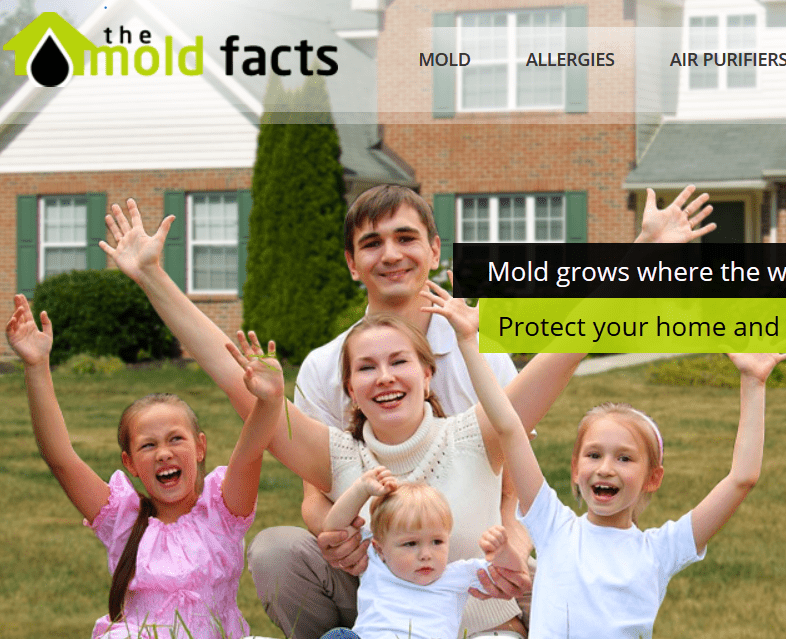What type of symptoms are associated with mold exposure?
Learn more about the types of exposure to black toxic mold . . .
What type of symptoms are associated with black mold exposure in your home or office?
If you believe you may have mold . . . .
and may have had exposure to mold, then read more about the common symptoms associated with this type of allergy trigger. Our body responds to foreign particles and known allergy triggers every day. Common symptoms may include a runny nose, irritated eyes, skin rashes, or even difficulty breathing. Exposure to black mold in you home should be confirmed by a certified mold inspector or indoor environmental specialist. After a thorough inspection for black mold in your home or office a mold inspector may take airborne samples for mold spores, samples of the mold on a surface of the building, or even take bulk building materials with mold to the laboratory. Black mold exposure and allergies should be confirmed by a physician or doctor. Specific blood, allergy, and other test may be taken by your doctor to help determine if you have had some type of mold exposure. Mold is found in our indoor and outdoor environments and exposure to some type of mold is expected in our everyday lives. Excess or abnormal exposure to mold may cause us and our bodies to respond. If you believe you have mold in portions of you home or office mold can grow within 48-72 hours. If water damage is not dried properly, then the chance you have mold growth increases with time. Mold spores only need moisture, a suitable food source, and time to begin growth and multiply. If you are still asking yourself “how do I know if I have mold” take a look at some our pictures of mold. In addition, look for signs of musty are that might be telling your something is different and you may have mold.
Contact FunGuy
Free Mold Facts

Mold Testing

Our Customers


